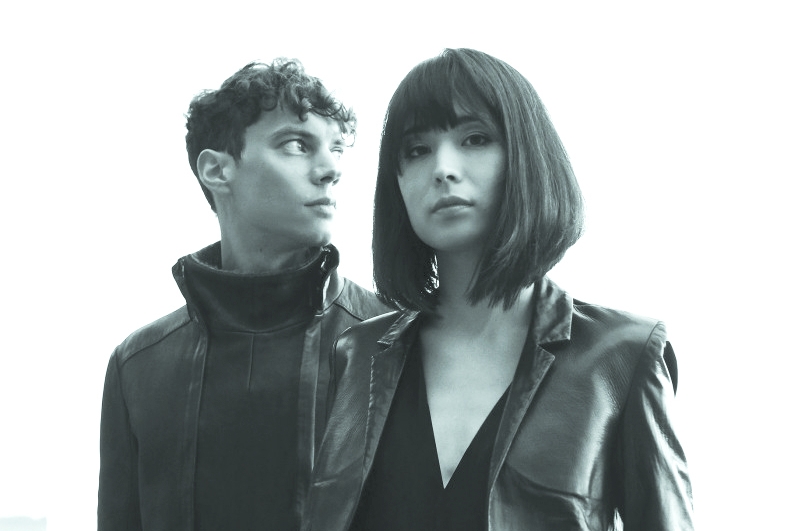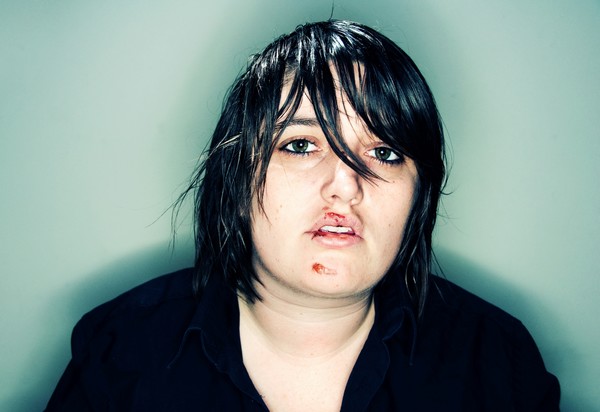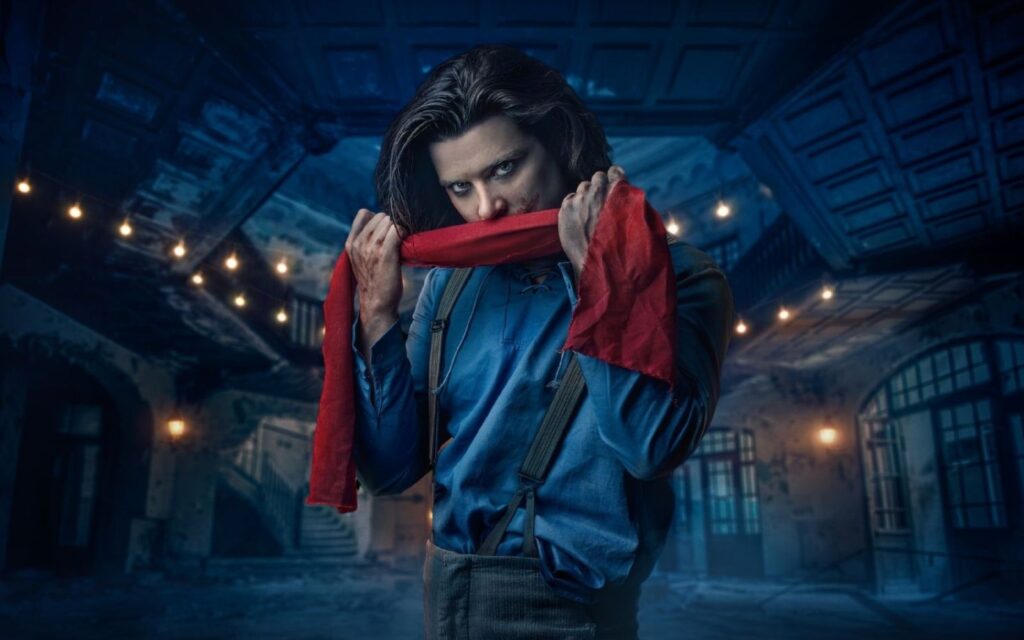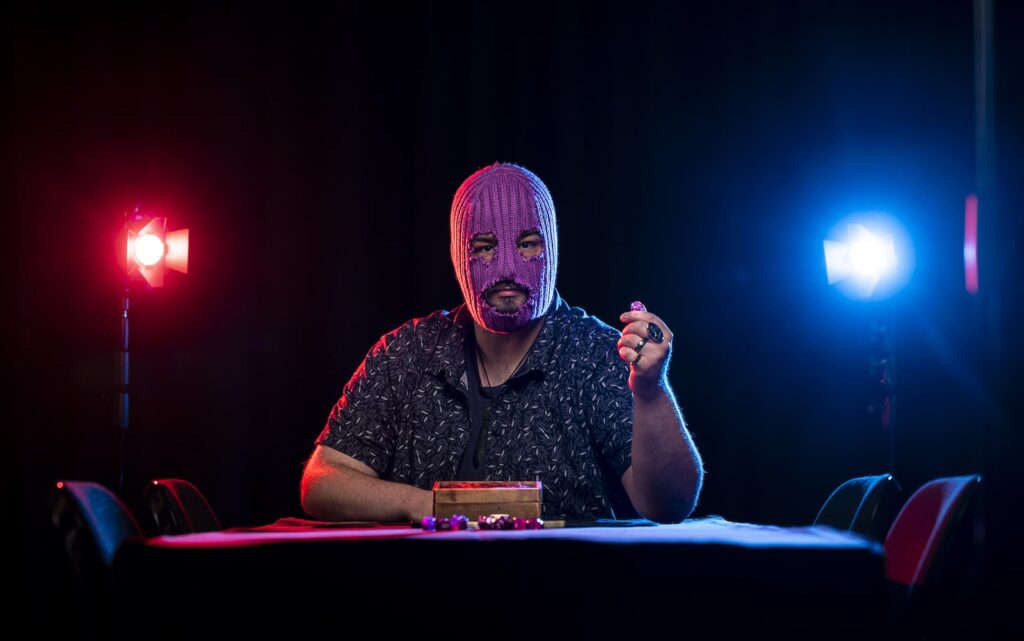Tristano has been playing piano since the age of five and performing concerts since he was 13. Working with another performer, he says, is ‘especially cool’ for a pianist: “Normally pianists live solitary lives.” There’s a big difference for the musicians as well as for audiences in having two pianists performing in concert, Tristano observes; it adds an element of unpredictability, for a start. “Alone, you don’t expect anything beforehand; you know what you are going to do. With two pianists we can react to one another. I am really excited: the other person surprises you. When Alice plays piano she is just in the moment. She dances with the piano. As a pianist I progress around Alice; she gets so caught up in the music. You realise you are doing something different. It’s a nice moment, a really nice surprise.”
Scandale is described as ‘a bold and epic program of piano duos.’ Being music for dance gives Scandale its special character, says Tristano. The classical pieces were all originally written for dance. “Dance is in the structure, the harmony, and the contrapuntal elements. This music is all about dance. Dance is the very first human expression, even before music. Dance is a basic means of expression; so it’s exciting to present this program.” Rite of Spring was already transcribed for piano duo by Stravinsky himself. Both Rimsky-Korsakov and Ravel also transcribed some of their orchestral scores for piano so there is a thread running through the concert in terms of underlying approach. “Diaghilev, the impresario for The Ballet Russe only commissioned music from contemporary composers,” notes Ott, who has created a solid reputation for her work over the last five years. In 2010 she was awarded the prize for ‘Young Artist of the Year’ at the Echo Klassik Awards for her Chopin recording. “When Bolero was first played, the audience left screaming; it was considered degenerate and that the music not up to standard. Now Bolero is standard repertoire. The first piece and the last piece are two very different expressions of dance but they are united. There are five pieces altogether of Bolero: two Nocturnes, la Valse and Sacre.”
Stripping musical scores back to one instrument gives audiences a deep understanding of the structure of works as well as providing a challenge for the musicians playing the pieces. Sticking with the classical composers, however, left Tristano and Ott a bit short of material in terms of the length of a concert. This is when they decided that Tristano should add a work of his own.
While their choice of title is an allusion to the Russian impresario Sergei Pavlovich Diaghilev (1872–1929), they have no desire to view him or his era through a retrospective, idealistic haze. Scandale is a pianistic conversation between two artists set against the varied backdrop of the music they love. The Scandale project was born out of the friendship between the two musicians. “The first challenge is that Alice is very, very busy,” says Tristano. “We found ourselves in a difficult position finding time to get together.” He does, however, paint a relaxed picture of their working life. “For preparation, we hang out. We decide to practice. But we end up having coffee; ‘an espresso moment.’”
It doesn’t hurt their growing fame that these two musicians are both young and very photogenic. Ott has been described as ‘elegant, vibrant and superbly accomplished.’ They are easy to market. Media releases repeatedly refer to them as ‘sexy’. Do they think they’re sexy? Tristano laughs. “That is up to audience to decide!” Does it bother them being described this way; do they worry it might create a sense that they are lightweight? “We are young…” muses Tristano (Ott is 24 and Tristano is 33). “If people want to say we’re sexy, well, that’s ok!” Ott tells Beat she is too jetlagged to think about it, having just arrived back in Germany from visiting her sister in Japan (she is of German/Japanese extraction). Ott says she just hopes that audience members come in clothes they feel comfortable in and have a good time. “With classical concerts in Germany and Japan, people feel they have to dress up! The music is there to enjoy. I hope they come and enjoy themselves. If they want to clap and dance, they can. I play in bare feet so already it’s not a typical dress code; there is already something different about us.”
BY LIZA DEZFOULI







